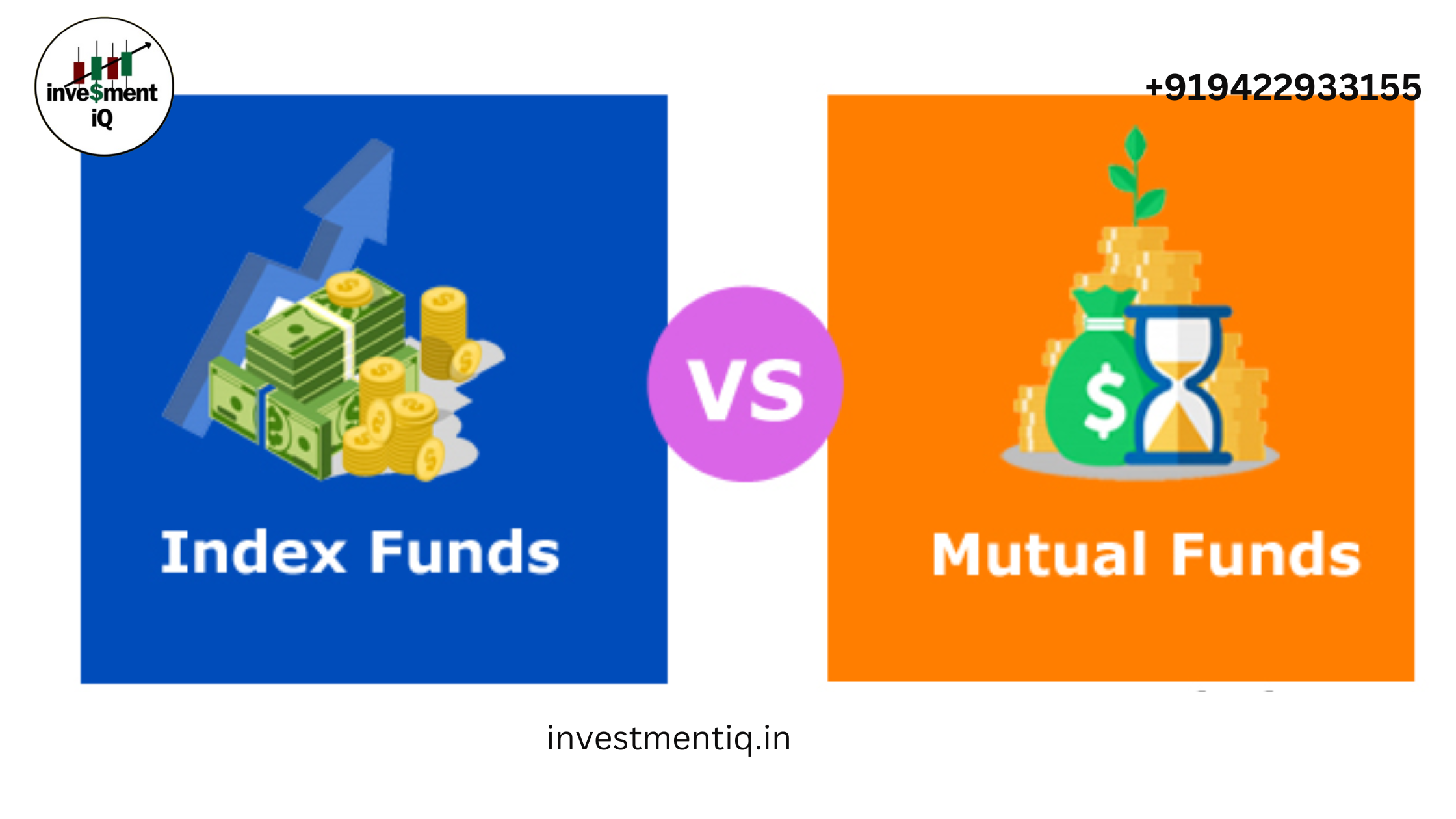Introduction
Investing can seem overwhelming when you’re just starting out. Two of the most beginner-friendly options are index funds and mutual funds. While they may sound similar, they function differently in terms of management, risk, cost, and performance. Understanding these differences can help you choose the right strategy for your financial goals.
What Are Mutual Funds?
A mutual fund pools money from multiple investors to invest in a diversified portfolio of stocks, bonds, or other assets. These funds are typically actively managed, meaning a fund manager picks and chooses investments with the goal of outperforming the market.
Key Features:
- Professionally managed
- Actively traded to maximize returns
- Can be sector-specific or diversified
- Higher fees due to active management
What Are Index Funds?
An index fund is a type of mutual fund or ETF that aims to mirror the performance of a specific market index, such as the S&P 500 or Nifty 50. These are passively managed and involve minimal trading.
Key Features:
- Tracks a market index
- Low fees due to passive management
- Broad market exposure
- Consistent, long-term returns
Index Funds vs. Mutual Funds: Side-by-Side Comparison
| Feature | Index Funds | Mutual Funds |
|---|---|---|
| Management Style | Passive | Active |
| Cost/Expense Ratio | Low | Moderate to High |
| Risk Level | Generally lower | Varies based on fund type |
| Performance Goal | Match the index | Beat the market |
| Suitability | Long-term investors, beginners | Active investors, higher risk tolerance |
Which is Better for Beginners?
Index Funds are often recommended for beginners because they offer:
- Lower fees
- Less complexity
- Broad market exposure
- Historically steady returns
Mutual Funds can be suitable if you’re looking for a professionally managed option that aims to beat the market, and you’re comfortable paying a bit more in fees.
Factors to Consider Before Choosing
- Investment Goals: Are you saving for long-term growth, income, or short-term gains?
- Risk Tolerance: Are you okay with market volatility or prefer stability?
- Budget: Are you starting with a small amount or a larger lump sum?
- Time Horizon: Will you stay invested for years or need access to funds soon?
Popular Index Funds and Mutual Funds in 2025
Top Index Funds:
- Vanguard 500 Index Fund
- Nippon India Nifty 50 Index Fund
- Fidelity ZERO Total Market Index
Top Mutual Funds:
- Axis Bluechip Fund
- HDFC Flexi Cap Fund
- Mirae Asset Emerging Bluechip Fund
Conclusion
Both index funds and mutual funds offer solid starting points for beginners. If you’re looking for low-cost, low-maintenance, long-term investments, index funds may be the better choice. If you prefer active management and the potential for higher returns, mutual funds could be right for you. Always align your choice with your goals, risk appetite, and time horizon.




